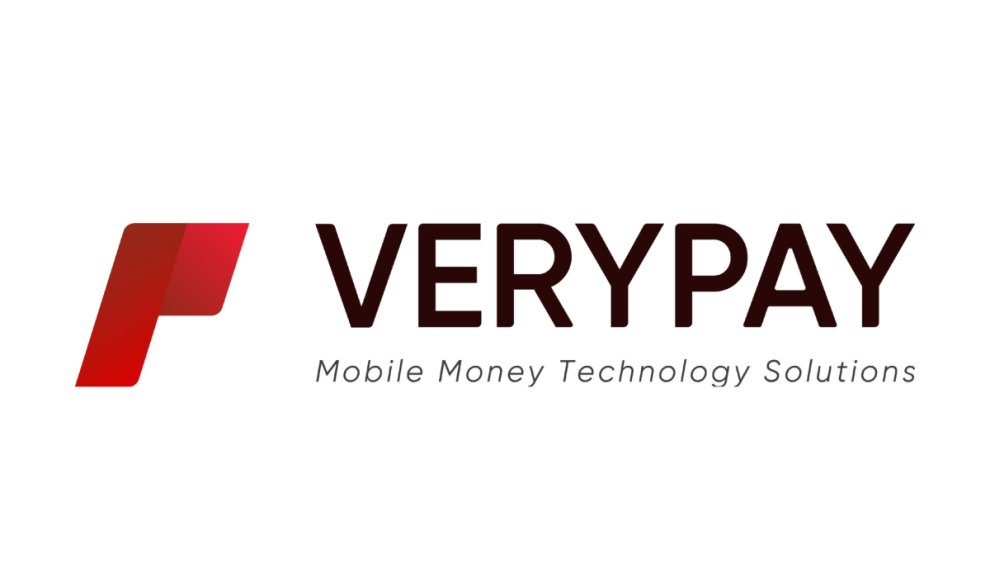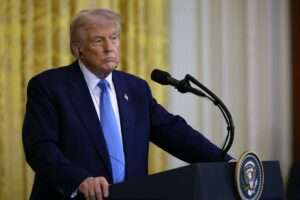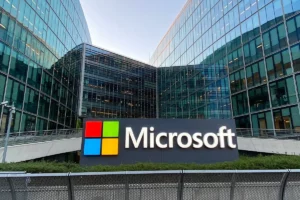VERYPAY announces ambitious strategy to bring financial services to millions of underserved Africans. Learn how their innovative platform could transform the continent’s economy.
As I stand in the bustling heart of Nairobi, Kenya, the energy is palpable. Today, October 3, 2024, marks a pivotal moment for financial inclusion in Africa. VERYPAY, a rising star in the fintech world, has just unveiled its ambitious plan to revolutionize access to financial services for millions of underserved Africans over the next decade.
The announcement comes on the eve of two major industry events: AFSIC 2024 in London and Mobile World Congress Africa 2024 in Kigali. At these gatherings, VERYPAY will showcase its innovative technology solutions to industry leaders, potential partners, and investors from around the globe.
VERYPAY’s Vision for Africa
As I make my way through the crowded streets, I can’t help but notice the stark contrast between the gleaming skyscrapers and the informal settlements that dot the city’s outskirts. It’s a visual reminder of the financial divide that VERYPAY aims to bridge.
Oluwaseun Solanke, CEO of VERYPAY, greets me warmly at their African headquarters. “Our mission is clear,” he states with conviction. “We’re here to partner with Mobile Network Operators and financial institutions to overcome the challenges that have held back financial inclusion in Africa.”
The VeryPay Platform
As Solanke guides me through a demonstration of the VeryPay Platform, it becomes clear that this is no ordinary payment system. Developed by VeryPay Holding, a part of the Swiss-based Verysell Group, the platform is a sophisticated transaction engine and NFC token management system that seamlessly integrates with any e-wallet.
“What sets us apart is our ability to work for everyone, regardless of their tech-savviness or device ownership,” Solanke explains. “We’re focusing on sectors that are the backbone of African economies. By making payment transactions easier and more accessible, we’re not just improving individual lives; we’re contributing to the continent’s overall economic growth.”
The platform’s versatility is impressive. Mobile Network Operators can use it to run contactless payment card schemes under their own brand, without the need for traditional financial intermediaries. Moreover, it allows multiple payment tokens like cards and bracelets to be added to a single wallet, extending reach to those without smartphones.
Overcoming Africa’s Financial Inclusion Hurdles
As we discuss the challenges facing financial inclusion in Africa, Solanke doesn’t shy away from the harsh realities. Despite the rapid growth of mobile money, millions remain excluded due to low digital literacy, limited smartphone penetration, and inadequate internet infrastructure,” he acknowledges.
These factors have indeed hampered the efforts of Mobile Network Operators – the mobile payments leaders in Africa – to close the financial inclusion gap. However, VERYPAY’s solution seems poised to overcome these obstacles.
One of the most innovative features of the platform is its ability to set up any subscriber as a merchant to accept digital payments, even those without a bank account. This could be a game-changer for the informal sector, which employs a significant portion of Africa’s workforce.
The Road to 100 Million Users
VERYPAY’s ambitions are nothing short of extraordinary. The company aims to reach 100 million users by 2034 – a goal that aligns with the broader African agenda for financial inclusion.
“It’s an ambitious target,” Solanke admits, “but we believe it’s achievable. The demand for accessible financial services is immense, and our platform is designed to meet that demand in a way that works for Africa’s unique challenges and opportunities.
As we walk through VERYPAY’s development lab, I’m struck by the energy and dedication of the young, diverse team working tirelessly to bring this vision to life.
VERYPAY’s ambitious plans are backed by the considerable resources and expertise of the Verysell Group. Established in 1990 with its headquarters in Switzerland, Verysell has been at the forefront of global software development for over three decades.
The group’s core strength lies in its two software development centers in Vietnam, dedicated to building software for clients and proprietary products like VeryPay. With six offices across three continents, Verysell caters to a diverse client base, from startups to multinational corporations.
Our global presence and deep expertise in software development give us a unique advantage,” says Maria Nguyen, Verysell’s Chief Technology Officer, whom I interview via video call. We’re able to bring world-class technology solutions to bear on Africa’s specific challenges.
AFSIC and Mobile World Congress Africa
As our tour of VERYPAY’s facilities comes to an end, the team is busy preparing for their upcoming appearances at AFSIC 2024 in London (October 7-9) and Mobile World Congress Africa 2024 in Kigali (October 29-31).
“These events are crucial for us,” Solanke explains. “They’re an opportunity to showcase our technology, build partnerships, and attract investment to fuel our expansion across Africa.”
The excitement is palpable as team members rehearse presentations and fine-tune demos. It’s clear that VERYPAY sees these events as more than just industry gatherings – they’re stepping stones toward their ambitious goal of transforming financial inclusion across the continent.
As I prepare to leave VERYPAY’s offices, I can’t help but feel a sense of optimism about the future of financial inclusion in Africa. The challenges are immense, but the potential impact of technologies like the VeryPay Platform is equally significant.
If VERYPAY can deliver on its promises, it could help unlock economic opportunities for millions of Africans, driving growth and prosperity across the continent. The road to 100 million users by 2034 may be long, but VERYPAY seems well-equipped for the journey.
As Africa stands on the cusp of a financial revolution, all eyes will be on VERYPAY and its bold vision for the future. The coming months and years will reveal whether this ambitious plan can truly bridge the financial divide and bring millions of underserved Africans into the formal economy.

















Add Comment